Collagen For Hair Growth: Benefits And Side Effects
Adding supplements to your diet can boost hair growth, giving you healthy luscious tresses

Image: Shutterstock
Collagen is the most abundant structural protein in the body. It makes up one-third of the body’s total protein (25% to 35% of the whole-body protein content). But did you know the benefits of collagen for hair growth? This protein can promote hair growth in various ways. This article explores the hair benefits of collagen, how to use it, and the potential side effects. Keep reading.
In This Article
What Is Collagen?
Collagen is the most abundant protein in our body. It accounts for one-third of the body’s protein composition. Collagen also plays a major role in building bones, muscles, skin, and ligaments. Collagen can also be found in blood vessels, cornea, and teeth.
Collagen is found in the body in 4 types, with each type having a specific role to play:
- Type I: This type of collagen accounts for 90% of the body’s collagen. It is made from densely packed fibers and helps provide structure to skin, bones, and teeth.
- Type II: This type of collagen is made from loosely packed fibers that help cushion your joints and constitutes the cartilage.
- Type III: This type of collagen helps support the structure of muscles, organs, and arteries. It forms the main components of the reticular fibers and is commonly found alongside type 1 collagen.
- Type IV: This type of collagen is found in the skin layers. It forms the basal lamina and offers mechanical stability to the body.
- Type V: This type of collagen contributes to the bone matrix, corneal stroma, and the interstitial matrix of muscles, lungs, liver, and placenta.
Collagen is believed to promote hair growth. The following section highlights the benefits of collagen for hair.
Benefits Of Collagen For Hair
1. May Boost Hair Volume
Collagen in the hair follicles keeps your hair thick and healthy. It also has antioxidant properties that may help boost hair volume.
2. May Fight Hair Damage
Stress, pollution, poor diet, and bad lifestyle habits can cause hair damage. They may also create free radicals that could further harm the hair (1). However, antioxidants like collagen may help fight these free radicals. Collagen, especially that obtained from fish scales, has shown to have strong antioxidant activity (2), (3), (4).
3. May Reduce Hair Graying
Hair may prematurely turn gray due to reactive oxygen species (ROS) (5).
Attitudes towards hair graying were documented in a 2025 survey by YouGov comprising 8,847 US adults. The survey explored the willingness of individuals to use a hypothetical drug that could prevent or reverse gray hair. The findings revealed that 14% expressed a definite interest, 22% leaned towards it, 25% were unsure, and 24% expressed definite reluctance. Thus, a significant portion of the population may be interested in using collagen to tackle gray hair.
Antioxidants like collagen may fight these effects of ROS.
4. May Prevent Hair Thinning
Anecdotal evidence suggests that collagen may help prevent hair thinning. However, more research is needed in this regard.
 Pro Tip
Pro TipThe body produces collagen by itself. However, this capability diminishes with age, leading to thinner hair as time passes. Hence, taking collagen supplements and other foods rich in collagen can help.
How To Use Collagen For Hair
1. Supplements
Including collagen supplements in your everyday diet can boost collagen levels in your body. Most collagen supplements available on the market include collagen extracted from fish, cows, and hens.
2. Dietary Collagen
You can also have collagen-rich meals to increase the collagen levels in your body. Bone broth is one such dish high in collagen. If you cannot add fish or bone broth to your diet, you may use bovine collagen supplements. These come in a powder form and are derived from pasture-fed cows.
3. Vitamin C
Vitamin C is also known to boost collagen production in the body (6). You can consume vitamin C-rich foods that help your body produce collagen (7). Adding oranges and strawberries to your diet can help.
 Pro Tip
Pro TipIn addition to taking foods that boost body collagen, you also need to avoid certain practices that may reduce collagen levels. We have discussed them below.
What May Diminish Collagen Levels In Your Body
- Sugar and refined carbs may interfere with the ability of collagen fibers to repair themselves (8). Hence, reduce their intake.
- Exposing yourself to direct sunlight may reduce collagen production in your body due to high UV radiation (9). You can limit your sun exposure or wear a sunscreen.
- Smoking may reduce collagen production (10). Continuous smoking can also lead to premature wrinkles.
How Much Collagen Should You Take Daily For Hair Growth?
Collagen requirements could differ from person to person. There is limited research on the amount of collagen one needs to boost hair growth. But including the right collagen-rich food sources can help. You may consider collagen supplements after talking to a nutritionist.
Fish, egg whites, citrus fruits, and berries are some good sources of vitamin C that boost collagen levels. While these sources are generally safe, intake of collagen supplements may cause certain side effects. We have discussed some of them below.
Side Effects Of Collagen Supplements
These are based on anecdotal evidence. Direct research in this aspect is lacking.
- Collagen supplements may leave an unpleasant taste in your mouth.
- They may also cause bloating in some individuals.
- They may cause heartburn.
- They may also lead to allergies in some individuals.
Often people get confused between collagen and biotin mainly because both are known to improve your hair, skin, and nails. Read on to know the difference between these two.
Collagen Vs. Biotin
Collagen, as already mentioned, is a protein vital for skin structure that may diminish as you age while biotin is a B vitamin essential for the body that can be obtained from food or supplements. Biotin may aid enzymes in metabolizing glucose, fatty acids, and amino acids crucial for protein synthesis (11). While collagen addresses skin structure, biotin supports overall protein metabolism. A lack of biotin may lead to issues like hair loss, and brittle nails although there is limited research on this aspect (12).
Collagen makes up one-third of the body’s total protein and plays a major role in improving our overall health. There are several benefits of collagen, including promoting hair health and thickness. It helps boost hair volume, fights hair damage, reduces the risks of premature graying, and prevents hair thinning and loss. You may use collagen for hair growth by taking collagen supplements, powders, collagen-rich foods, and vitamin C. Before incorporating collagen supplements into your diet, always consult a nutritionist to know about dosage and side effects.
Frequently Asked Questions
How long does it take for collagen to work for hair growth?
Collagen will take a minimum of two weeks to show improvement in hair growth.
Which is better for hair – biotin or collagen?
Both biotin and collagen supplements are effective in supporting hair growth. However, when it comes to topical application, hair easily absorbs biotin because of its smaller molecules compared to collagen. Therefore, for topical treatment, biotin is a better option than collagen.
Key Takeaways
- Collagen is the most abundantly found protein in the body that makes up ligaments, tendons, and skin.
- Collagen may benefit hair by increasing its volume, fighting damage, preventing thinning, and slowing down graying.
- One can take oral supplements or collagen- and vitamin C-rich foods to enjoy the benefits.
- Potential side effects of collagen include heartburn, an unpleasant taste in the mouth, bloating, and allergic reactions.
References
Articles on StyleCraze are backed by verified information from peer-reviewed and academic research papers, reputed organizations, research institutions, and medical associations to ensure accuracy and relevance. Read our editorial policy to learn more.
- The impact of oxidative stress on hair
https://pubmed.ncbi.nlm.nih.gov/26574302/ - Biochemical and radical-scavenging properties of sea cucumber (Stichopus vastus) collagen hydrolysates
https://pubmed.ncbi.nlm.nih.gov/24670209/ - Isolation and Characterization of Collagen and Antioxidant Collagen Peptides from Scales of Croceine Croaker (Pseudosciaena crocea)
https://www.ncbi.nlm.nih.gov/pmc/articles/PMC3853751/ - The anti-photoaging effect of antioxidant collagen peptides from silver carp (Hypophthalmichthys molitrix) skin is preferable to tea polyphenols and casein peptides
https://pubmed.ncbi.nlm.nih.gov/28266664/ - Hair cycle and hair pigmentation: dynamic interactions and changes associated with aging
https://pubmed.ncbi.nlm.nih.gov/15036274/ - Effect of vitamin C and its derivatives on collagen synthesis and cross‐linking by normal human fibroblasts
https://onlinelibrary.wiley.com/doi/abs/10.1046/j.1467-2494.1998.171747.x - The Roles of Vitamin C in Skin Health
https://www.ncbi.nlm.nih.gov/pmc/articles/PMC5579659/ - Nutrition and aging skin: sugar and glycation
https://pubmed.ncbi.nlm.nih.gov/20620757/ - Mechanisms of Photoaging and Cutaneous Photocarcinogenesis, and Photoprotective Strategies with Phytochemicals
https://www.ncbi.nlm.nih.gov/pmc/articles/PMC4665475/ - Smoking affects collagen synthesis and extracellular matrix turnover in human skin
https://pubmed.ncbi.nlm.nih.gov/11966688/ - Biotin deficiency
https://pubmed.ncbi.nlm.nih.gov/31613531/ - Biotin
https://www.ncbi.nlm.nih.gov/books/NBK554493/
- The impact of oxidative stress on hair
- The impact of oxidative stress on hair
https://pubmed.ncbi.nlm.nih.gov/26574302/ - Biochemical and radical-scavenging properties of sea cucumber (Stichopus vastus) collagen hydrolysates
https://pubmed.ncbi.nlm.nih.gov/24670209/ - Isolation and Characterization of Collagen and Antioxidant Collagen Peptides from Scales of Croceine Croaker (Pseudosciaena crocea)
https://www.ncbi.nlm.nih.gov/pmc/articles/PMC3853751/ - The anti-photoaging effect of antioxidant collagen peptides from silver carp (Hypophthalmichthys molitrix) skin is preferable to tea polyphenols and casein peptides
https://pubmed.ncbi.nlm.nih.gov/28266664/ - Hair cycle and hair pigmentation: dynamic interactions and changes associated with aging
https://pubmed.ncbi.nlm.nih.gov/15036274/ - Effect of vitamin C and its derivatives on collagen synthesis and cross‐linking by normal human fibroblasts
https://onlinelibrary.wiley.com/doi/abs/10.1046/j.1467-2494.1998.171747.x - The Roles of Vitamin C in Skin Health
https://www.ncbi.nlm.nih.gov/pmc/articles/PMC5579659/ - Nutrition and aging skin: sugar and glycation
https://pubmed.ncbi.nlm.nih.gov/20620757/ - Mechanisms of Photoaging and Cutaneous Photocarcinogenesis, and Photoprotective Strategies with Phytochemicals
https://www.ncbi.nlm.nih.gov/pmc/articles/PMC4665475/ - Smoking affects collagen synthesis and extracellular matrix turnover in human skin
https://pubmed.ncbi.nlm.nih.gov/11966688/ - Biotin deficiency
https://pubmed.ncbi.nlm.nih.gov/31613531/ - Biotin
https://www.ncbi.nlm.nih.gov/books/NBK554493/
Read full bio of Dr. Shruti Chavan
Read full bio of Anjali Sayee
Read full bio of Eshna Das
Read full bio of Monomita Chakraborty





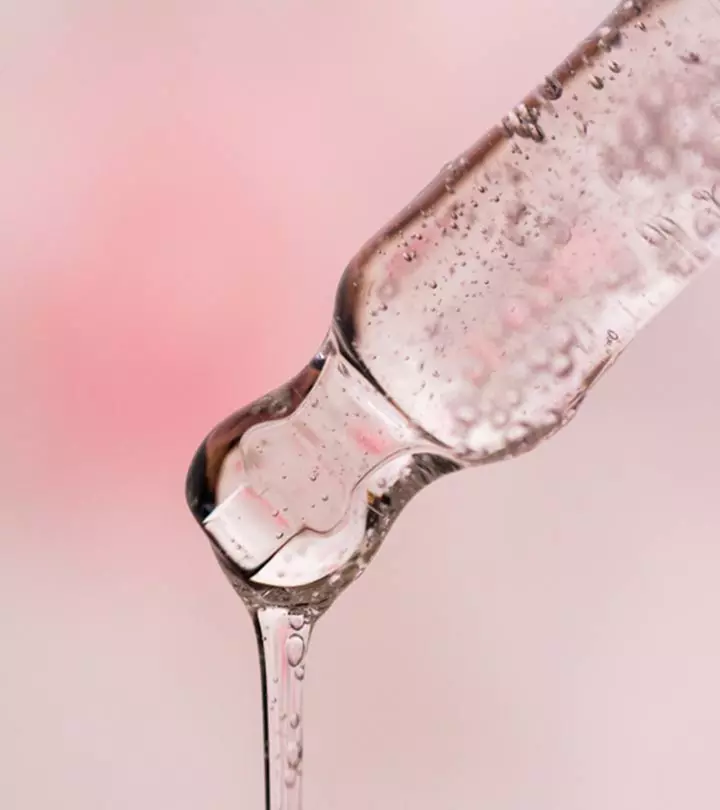
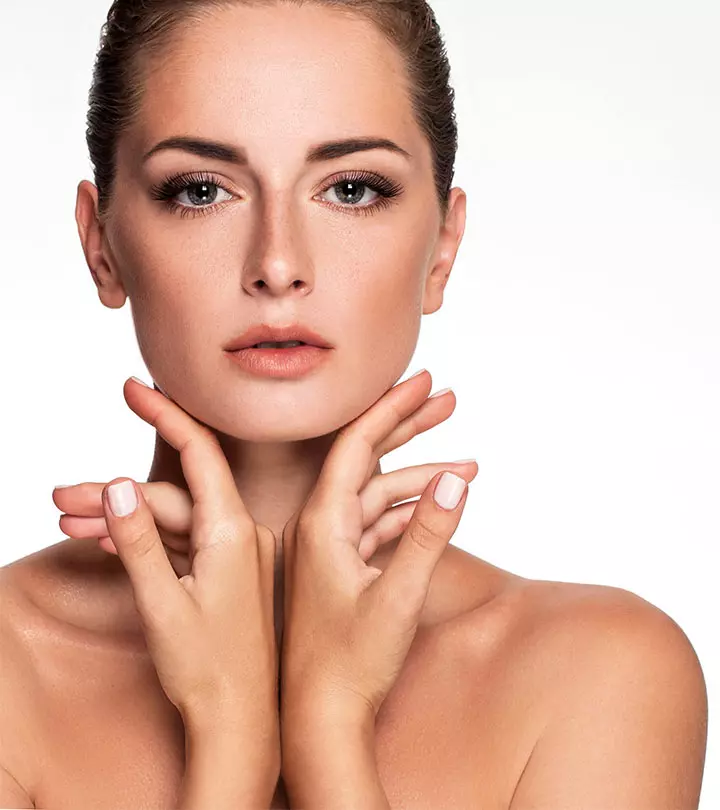
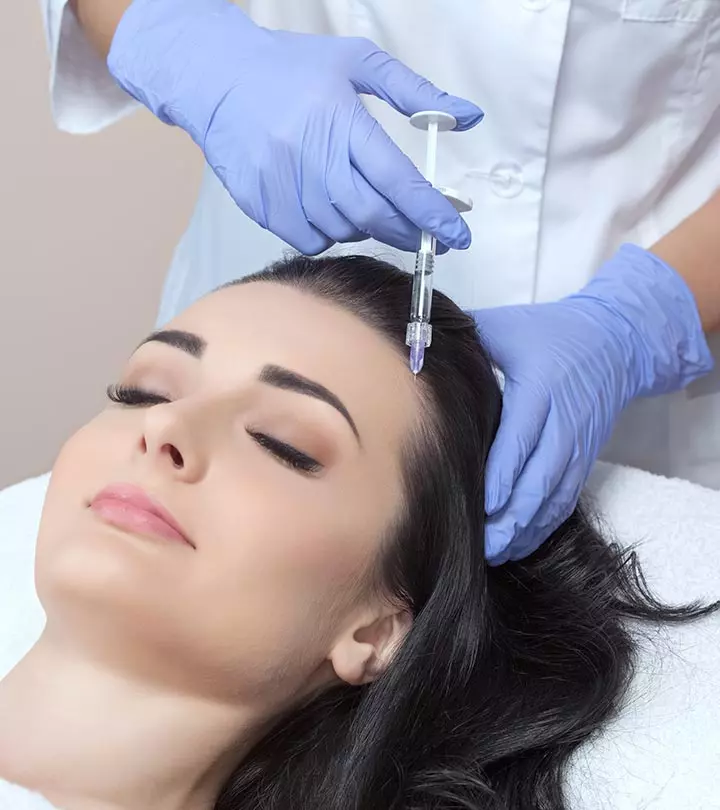
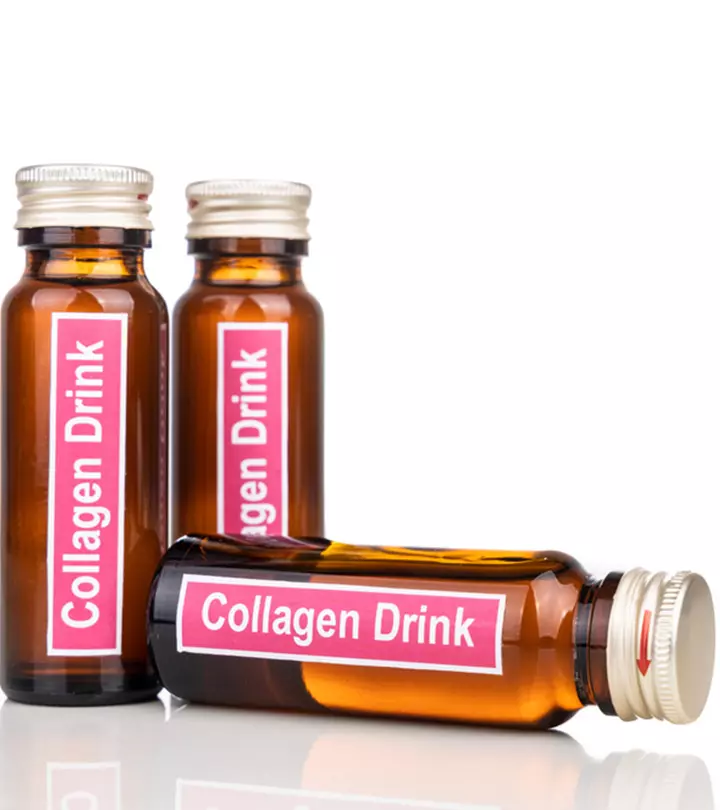
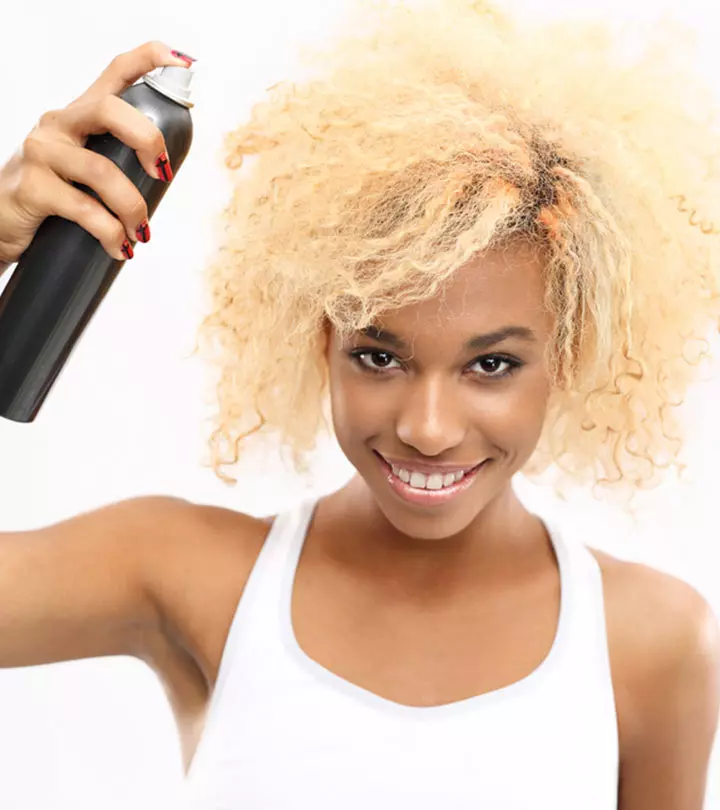
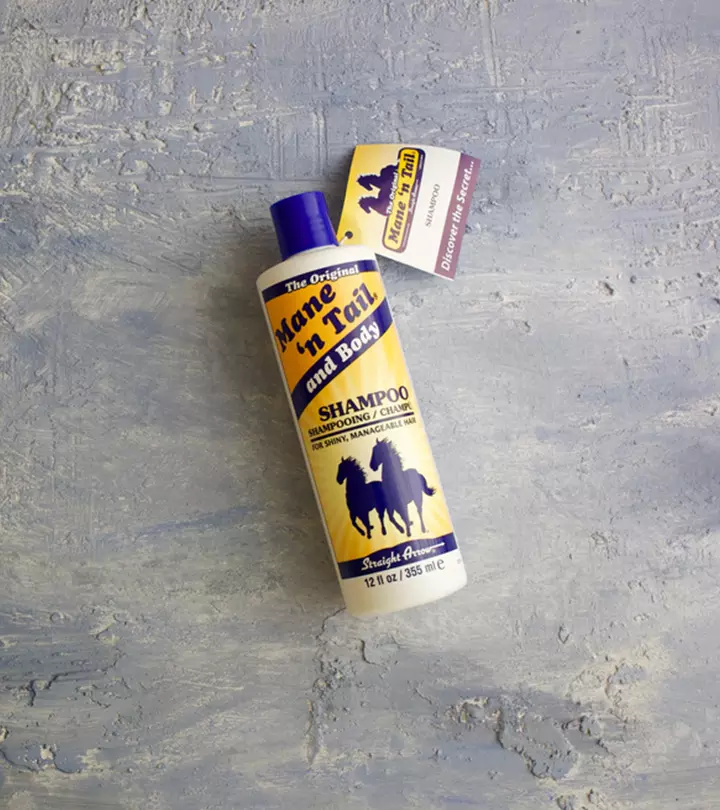
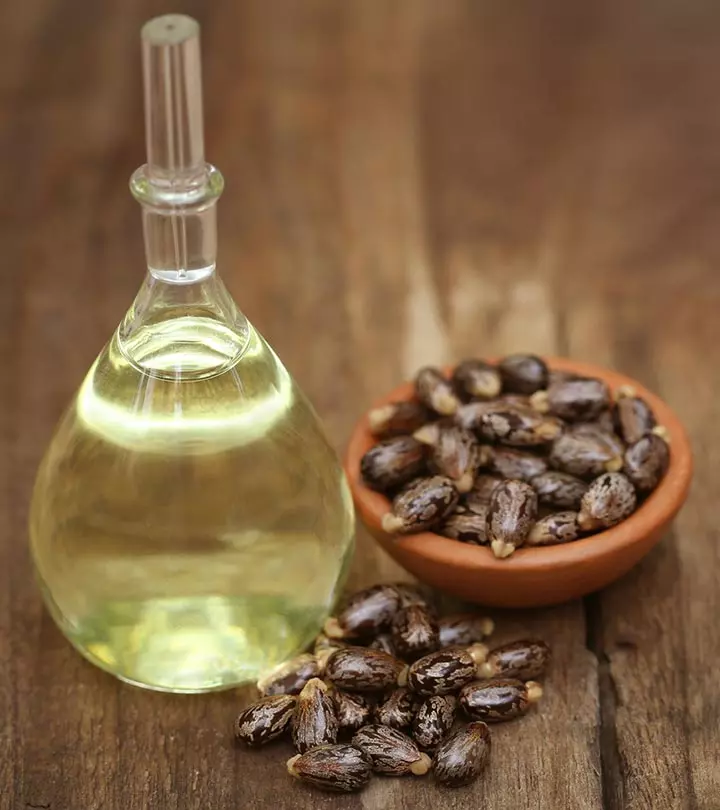
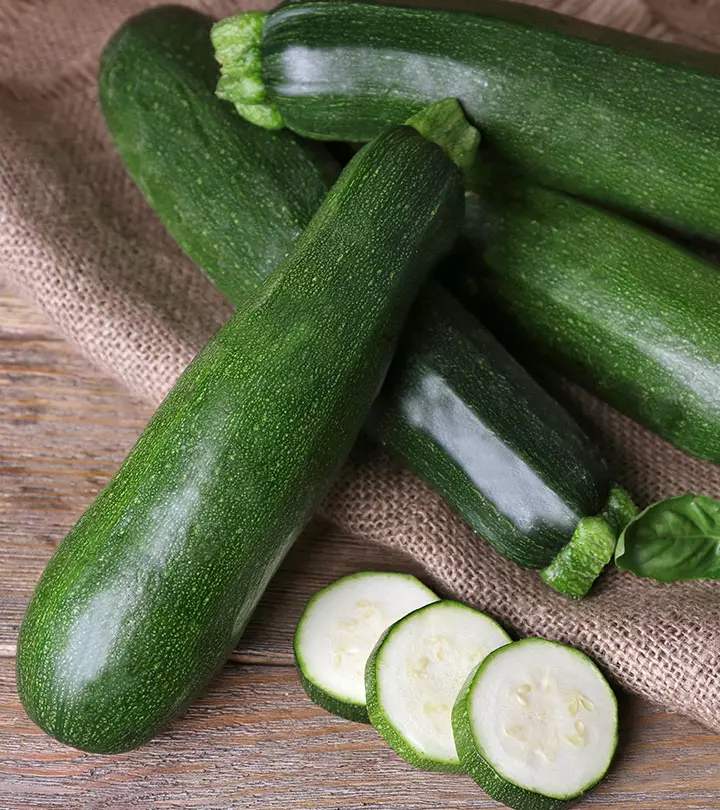
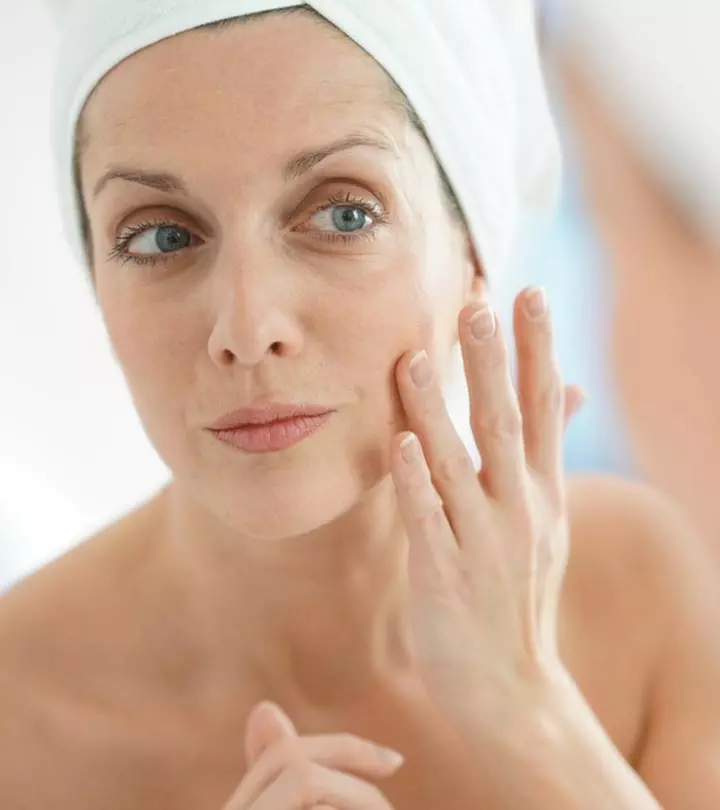

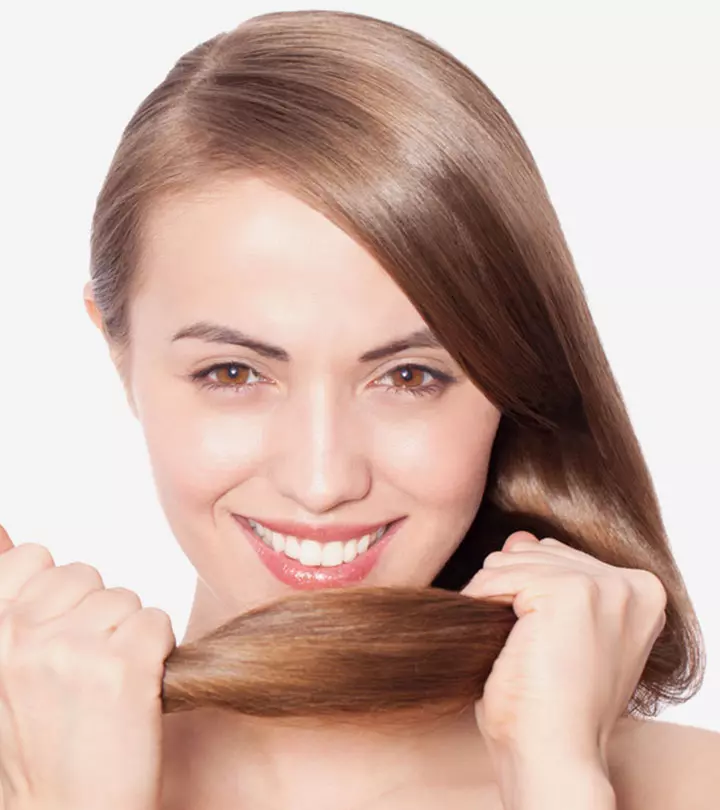
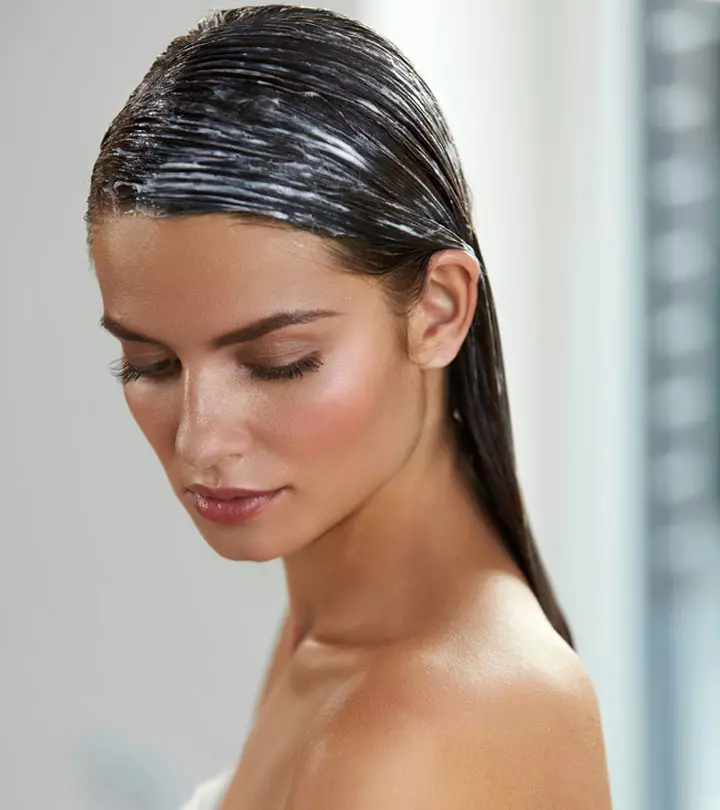




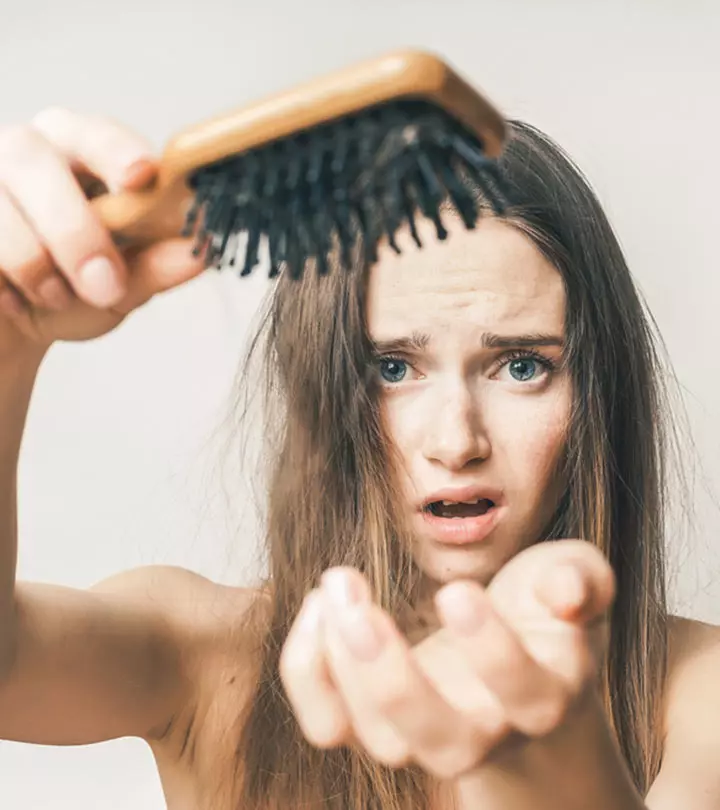
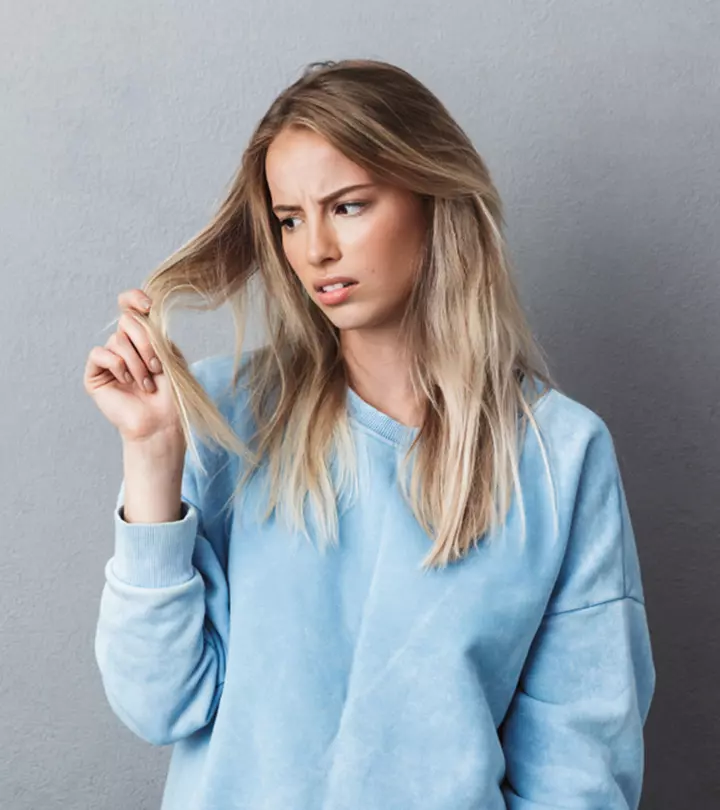
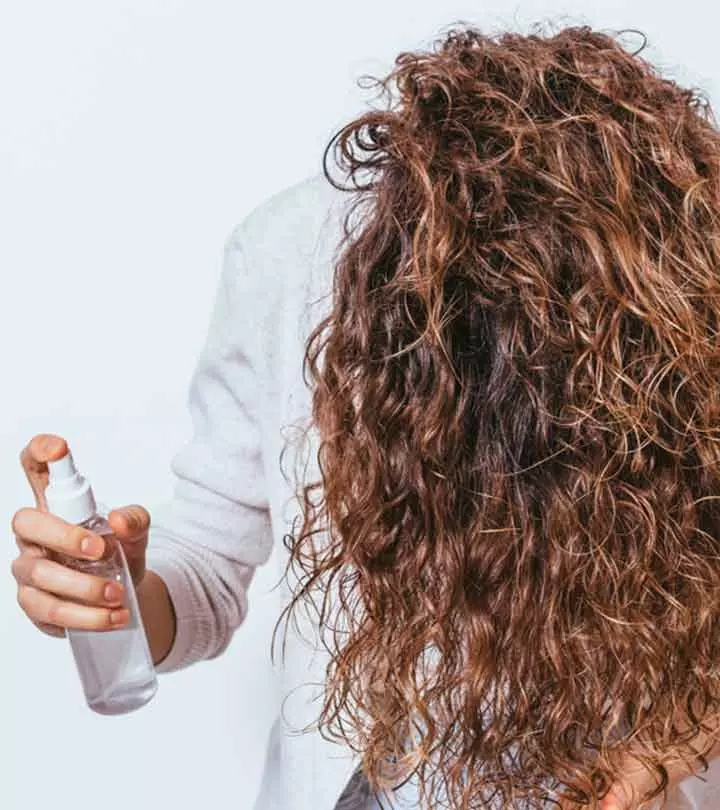
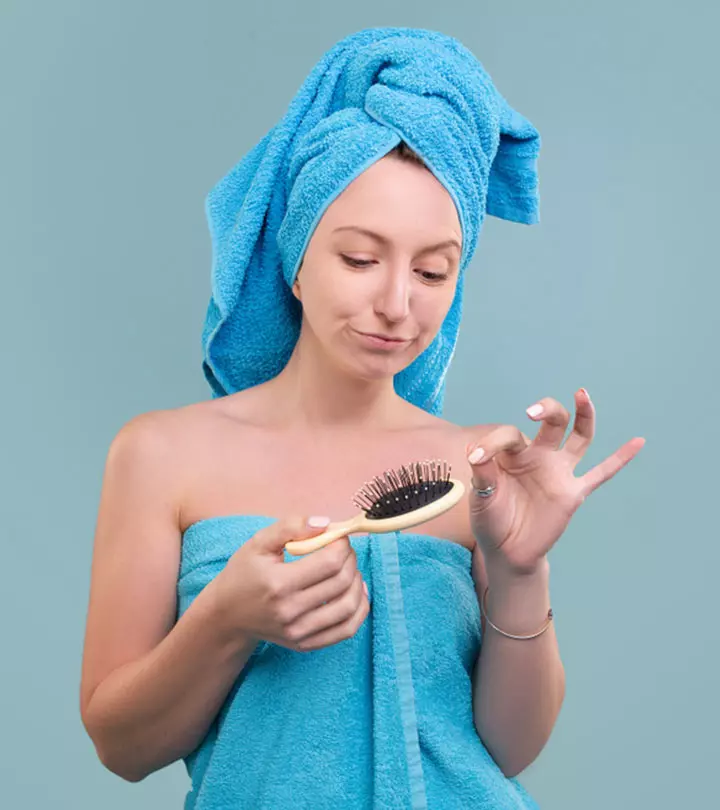
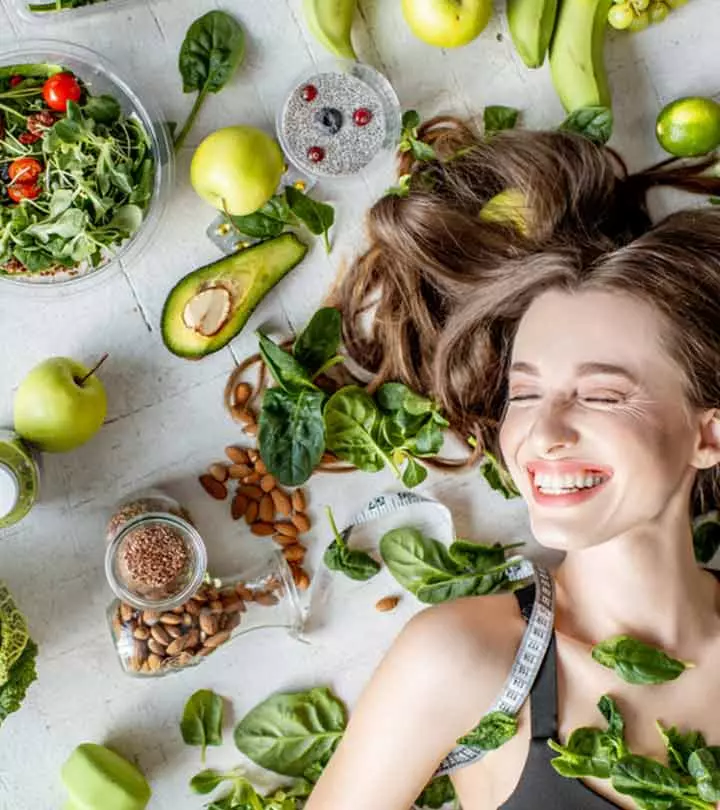

Community Experiences
Join the conversation and become a part of our empowering community! Share your stories, experiences, and insights to connect with other beauty, lifestyle, and health enthusiasts.